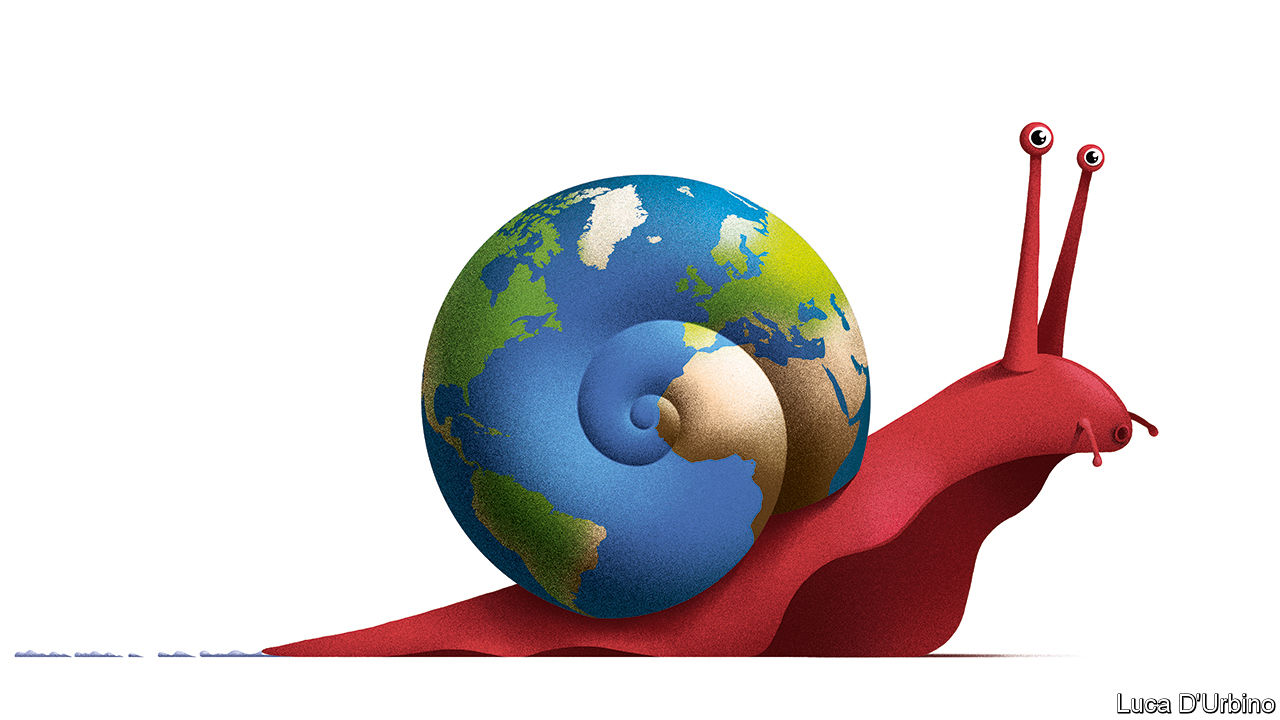By Kamran Reza Chowdhury
Methamphetamine tablets made in Myanmar that were traditionally smuggled through southeastern Bangladesh are coming across the border from India, Bangladeshi officials told BenarNews.
Meanwhile, local law-enforcement authorities confirmed that smuggling rose sharply during the past three years in Cox’s Bazar district, where 14 suspected drug dealers, including five Rohingya, were shot dead by police this month. Cox’s Bazar, located in the southeastern corner of Bangladesh, borders Myanmar and is home to hundreds of thousands of Rohingya refugees.
Despite recent statements from Bangladeshi officials that they had demolished a drug network in the district, evidence suggests that smuggling routes shifted north in response to an anti-drug crackdown in Bangladesh. In October 2018, the government of the South Asian country approved a draft law allowing the death penalty for drug offenses.


















/arc-anglerfish-arc2-prod-mco.s3.amazonaws.com/public/CKIFJ5HFDVE7RLDYDY5RNBQZTQ.jpg)


